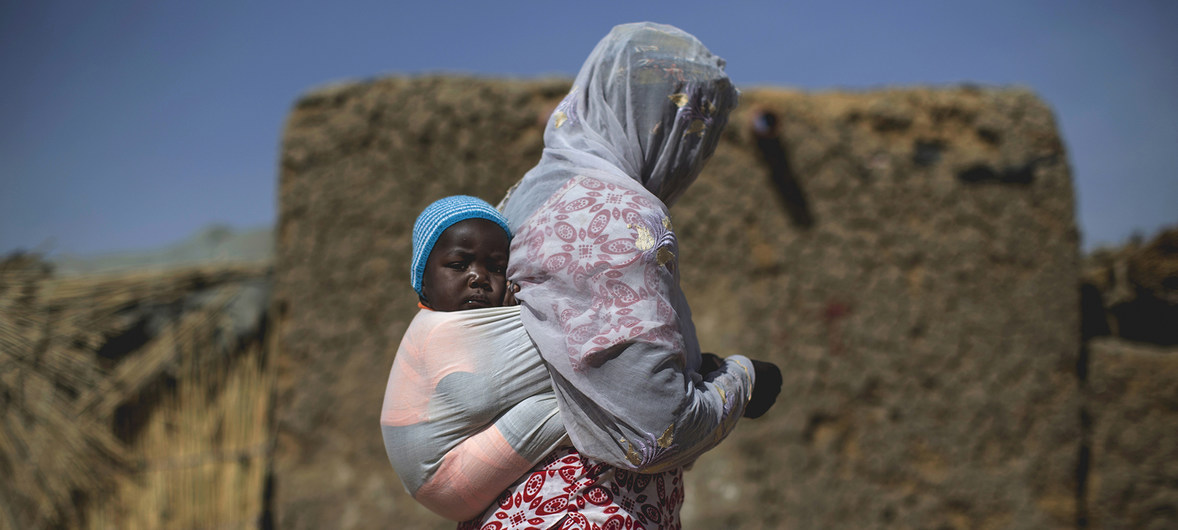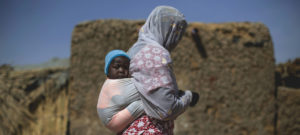
 As climate change, poverty, violence… and other countless challenges hamper the stability and development of Mali and the Sahel region, a high-level event on Wednesday explored progress made in the implementation of the UN Support Plan for the Sahel (UNSS), and galvanized renewed commitment for the Malian peace process initiated in 2015.
As climate change, poverty, violence… and other countless challenges hamper the stability and development of Mali and the Sahel region, a high-level event on Wednesday explored progress made in the implementation of the UN Support Plan for the Sahel (UNSS), and galvanized renewed commitment for the Malian peace process initiated in 2015.
A few weeks after the presidential vote in Mali, which saw the re-election of President Ibrahim Boubacar Keïta, the full implementation of the 2015 Agreement for Peace and Reconciliation has been hampered by persistent delays and frequently renegotiated timelines.
“It is time for all parties to honor their obligations,” said UN Secretary-General António Guterres, who visited Mali in May, and described seeing a “spirit of hope and possibility,” amid all the challenges.
“The people of Mali must see the tangible dividends of peace,” he stated.
Conflict in northern Mali started in 2012, with a sharp intensification of hostilities across the country in 2018, leading to a worsening of the humanitarian situation. The UN Stabilization Mission in Mali, MINUSMA, has become the most dangerous place in the world to serve as a ‘blue helmet’.
According to the UN Office for Coordination of Humanitarian Affairs (OCHA), about 5.2 million people – one in four Malians – are now estimated to be in dire need of assistance. After commending the efforts made by the Sahel States, the African Union Commission, and other partners to help achieve peace and development in the region through the UNSS, the UN chief appealed “to all international partners, including the International Financial Institutions and the business community, to step up.”
“Now is the time for collective action. By doing so, we can help build the sustainable, inclusive, secure future that the people of Mali and the Sahel deserve,” the UN Chief concluded.
